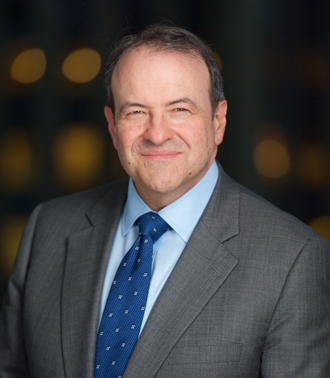How Could “Resulting From” Lead To Any Other Conclusion? Another Court Adopts the “But-For” AKS Causation Standard
We at Qui Notes have been diligently tracking the circuit split on the causation standard for an alleged false claim based on a violation of the Anti-Kickback Statute (AKS). As readers may recall, the Sixth and Eighth Circuits have held that the False Claims Act (FCA) requires a stringent “but-for” causation between an alleged kickback and a specific claim to establish liability, whereas the Third Circuit has applied a more lenient “sufficient causal connection” standard. Qui Notes has been eagerly waiting to see how the First Circuit would weigh in on the split, given conflicting decisions within the circuit. Compare U.S. v. Teva Pharms. USA Inc., No. 1:20-cv-11548, 2023 WL 4565105 (D. Mass. July 14, 2023) (Judge Nathaniel M. Gorton) (rejecting “but-for” causation standard) with U.S. v. Regeneron Pharms., No. 1:20-cv-11217, 2023 WL 6296393 (D. Mass. Sept. 27, 2023) (Judge F. Dennis Saylor IV) (adopting “but-for” causation standard), motion to certify appeal granted, No. 23-8036, 2023 WL 8599986 (1st Cir. Dec. 11, 2023).
Another decision from a Massachusetts district court has added to this intra-circuit split. In U.S. ex rel. Omni HealthCare, Inc. v. MD Spine Solutions LLC et al., Judge Patti B. Saris rejected all three of the relator’s theories of FCA liability and granted summary judgment in favor of the defendants. No. 1:18-cv-12558, 2025 WL 32676 (D. Mass. Jan. 6, 2025). In so doing, Judge Saris applied the “but-for” causation standard to the relator’s AKS claims.
Relator Omni HealthCare, Inc. is a medical practice that ordered urinary tract infection (UTI) tests from defendants — a clinical laboratory and its owners — from 2017 and 2019. Defendants employed employees and independent contractors to promote the UTI tests, and paid them both commissions based on the revenue generated from the UTI tests that their accounts ordered. One of the relator’s three theories of liability was based on the commission-based payments to the independent contractors, alleging that such payments were not protected by the AKS’ safe harbor that covers similar payments to bona fide employees. See 42 U.S.C. § 1320a-7b(b)(3)(B); 42 C.F.R. § 1001.952(i). The relator argued that the payments to the independent contractors violated the AKS and caused false claims to be submitted.
The court granted summary judgment for defendants on that theory based on lack of causation. Under the AKS, “a claim that includes items or services resulting from a violation … constitutes a false or fraudulent claim” under the FCA. 42 U.S.C. § 1320a-7b(g) (emphasis added). The court used “basic principles of statutory interpretation” to conclude that the AKS’ “resulting from” language required proof of “but-for” causation. Applying this standard, the court concluded that “no reasonable jury could find that the alleged AKS violation arising from these payments was a but-for cause of the submissions of claims for payment to the federal government.” In support of its conclusion, the court cited the absence of any evidence that the independent contractors improperly or unduly influenced healthcare providers to order defendant’s tests. In addition, the defendants had submitted unrebutted evidence that they trained, managed, disciplined, and paid their independent contractor sales representatives identically as their employee sales representatives.
The court further rejected the relator’s remaining two theories of FCA liability, namely, that defendants (1) submitted claims for medically unnecessary polymerase chain reaction (PCR) UTI tests and (2) failed to balance bill patients and cap their out-of-pocket costs. With respect to the first theory, the court granted summary judgment for lack of scienter, finding no evidence that defendants knowingly submitted claims for medically unnecessary PCR tests. With respect to the remaining theory, the court granted summary judgment because there was no evidence that defendants submitted any government reimbursement claims for a patient who received either of these alleged financial benefits.
The causation ruling in this recent decision is noteworthy given that it widens the split within the First Circuit and provides additional support for other courts to adopt “but-for” causation. We expect the appellate court to resolve the intra-circuit split and weigh in on the broader circuit split later this year. It recently heard oral arguments in the Regeneron case cited above, where the district court — as here — adopted the “but-for” causation standard. Stay tuned, Qui Notes will report back with any developments.
© Arnold & Porter Kaye Scholer LLP 2025 All Rights Reserved. This Blog post is intended to be a general summary of the law and does not constitute legal advice. You should consult with counsel to determine applicable legal requirements in a specific fact situation.


